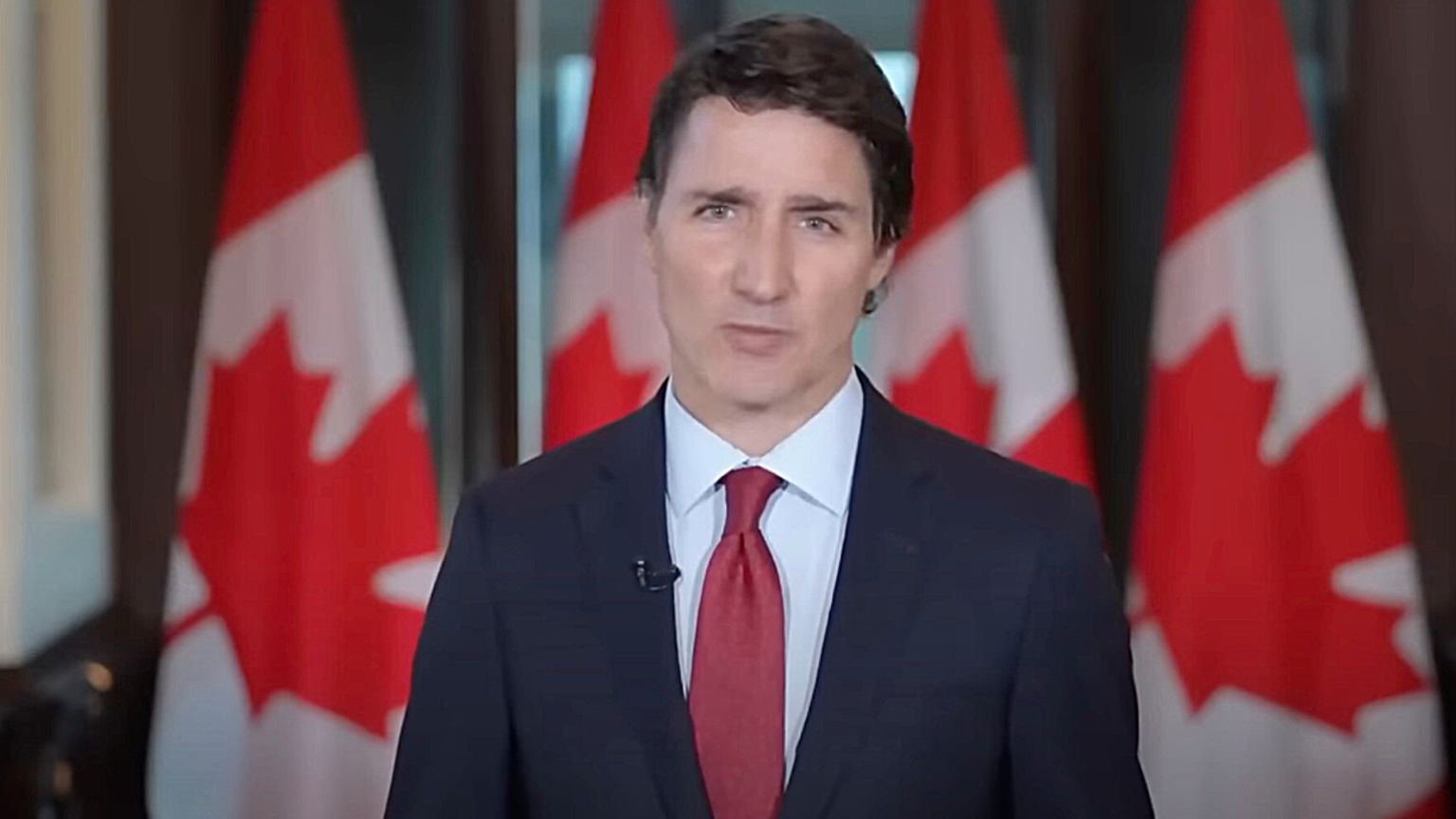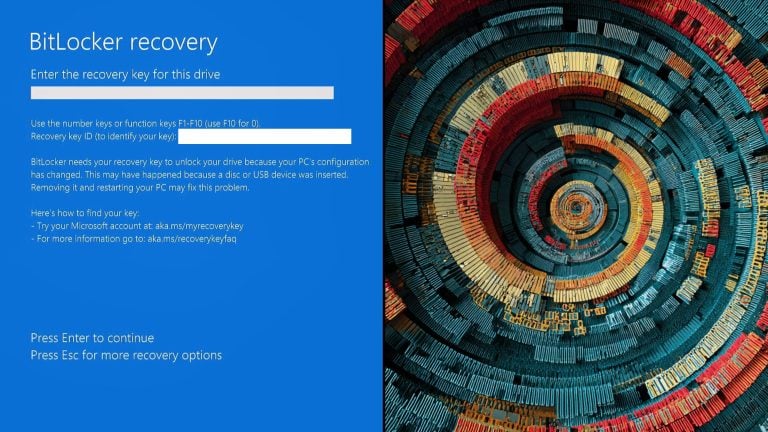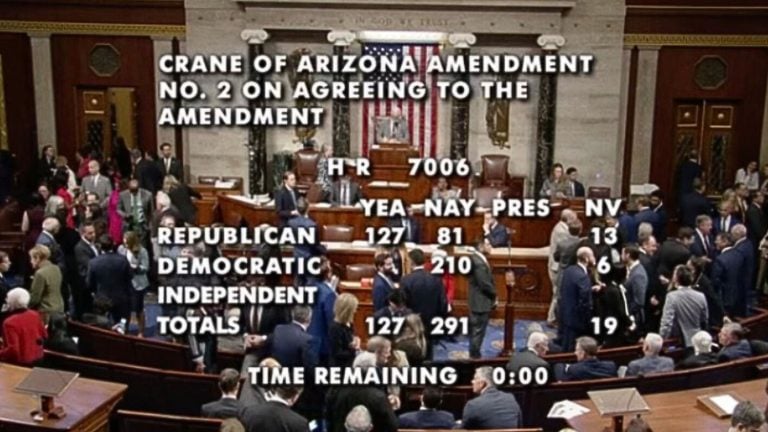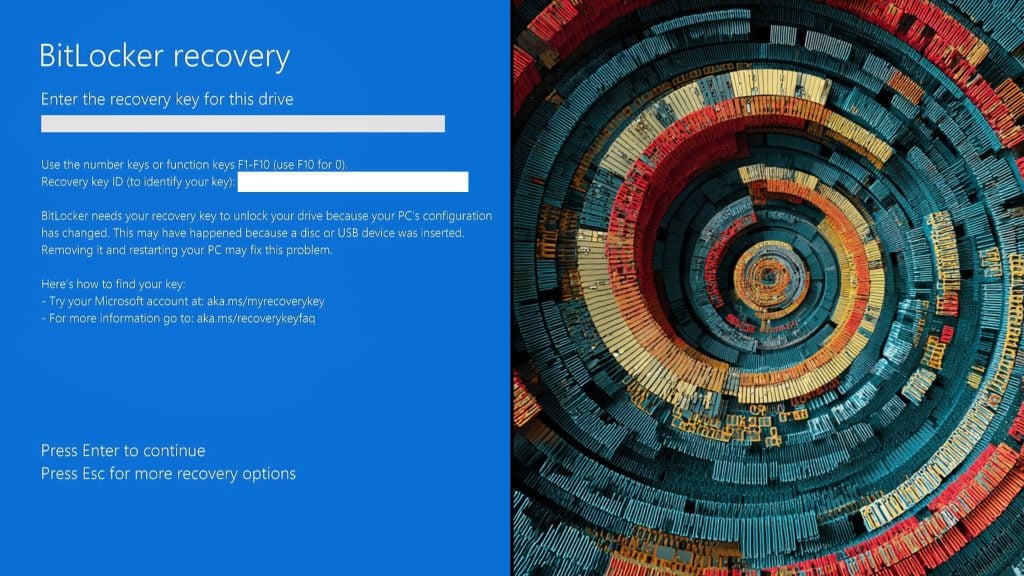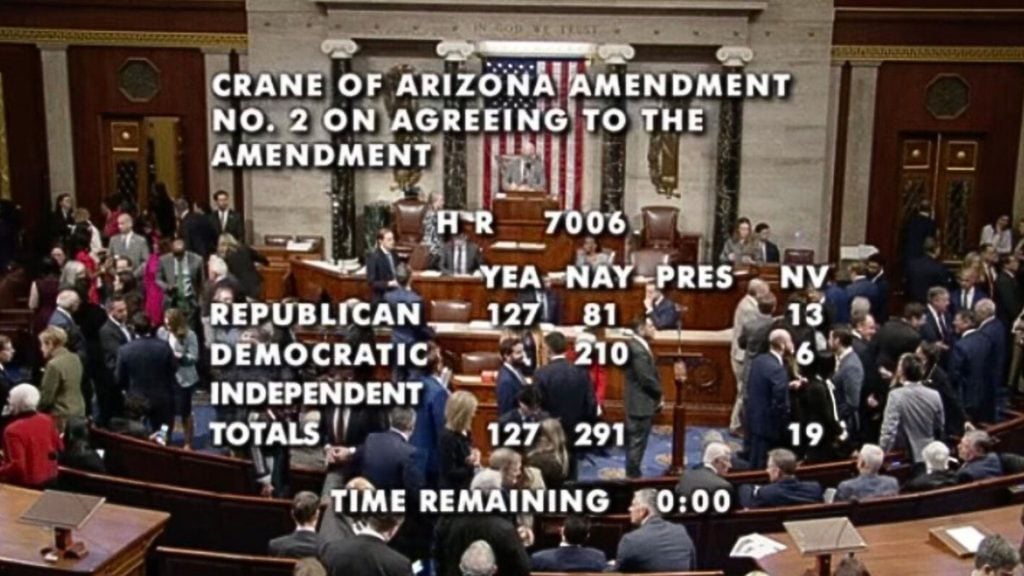The Canadian government has come up with an update (some observers call it a re-write) of the Online News Act, C-18, but do the “final touches” to this massively controversial law in fact represent improvement?
The accompanying regulation adopted late last week – to dissuade Google from blocking search engine links in Canada – means that smaller outlets will be left out as most of the money goes towards big legacy, mainstream media.
The twist in this legislative mess occurred late November when Google gave Canada’s government $100 million – to spend on “supporting” news outlets. This was interpreted by those who had supported the bill as a win.
But the next development was Canadian Heritage Minister Pascale St-Onge agreeing to changes to C-18 that the authorities previously for a long time rejected.
And, given the losses already incurred by Facebook and Instagram, Google’s own costs, and other expenditure related to C-18 – what news outlets in Canada can realistically hope to benefit from from the $100 million “donation” is closer to $25 million in “new money.”
It also seems that rather than just a case of a government that overplayed its hand in a game of poker with Big Tech and “big media” – and is now accepting what amounts to, at industry scale, a handout, this is also about the harm the law continues to represent to other media.
Namely – cutting off their revenues from link traffic (and consequently ad money) coming from the likes of Google and Meta’s spawn of giant social media would have been bad.
But now the money the government has been able to obtain from Google, in exchange for essentially backing down from its originally proclaimed ideas, is not that much – so the government backed down on another promise, namely, to keep out of how the new revenues (expected from the original C-18) are distributed.
The authorities will now be directly involved – and the method means that those with less employees will benefit the least – to the point of some small outfits, including ethnic ones which were supposed to be propped up, not benefiting at all, while corporations take most of the money coming in.

